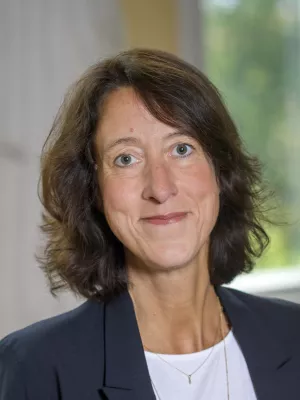
Maria Stanfors
Professor

Fertility and the fast-track: Continued childbearing among professionals in Sweden, 1991-2009
Author
Summary, in English
During recent decades women have made considerable advances in education and the labor market, even in fast-track professions such as law, medicine, and academia. While women have entered high-status professions, the career paths of some jobs have changed little and are still inflexible, which implies that professional gains may be offset by familial losses. We investigate continued childbearing, focusing on the relationship between occupation and second and third births, among highly educated men and women in three high-status professions. We analyze the determinants of having a second or a third birth using longitudinal data from population registers in Sweden, 1991–2009. We use descriptive statistics and logistic models. Net of demographic and socioeconomic controls, medical doctors are more likely to continue childbearing than lawyers and academics, irrespective of parity and gender. The patterns that emerge are independent of income. Public sector work is conducive to continued childbearing, especially for women. Although there are more opportunities to combine career and family in Sweden than in many other countries, this does not hold equally for all. The results indicate that working conditions and career structures contribute to making it easier for some groups than others to combine a professional career and children. Patterns that emerge reflect that women and men are not equally sensitive to career structures that imply a tradeoff between career and children at an early stage of the career. This puts policies promoting work and family for all into perspective.
Department/s
- Centre for Economic Demography
Publishing year
2014
Language
English
Pages
421-458
Publication/Series
Demographic Research
Volume
31
Issue
15
Document type
Journal article
Publisher
Max Planck Institute for Demographic Research
Topic
- Economic History
Keywords
- fertility
- gender
- higher education
- logit model
- occupation
- Sweden
Status
Published
Project
- Kön, kunskap, kompetens och karriär. Familjebildningsmönster bland högutbildade män och kvinnor i Sverige
- Genus och jämställdhet i akademin
ISBN/ISSN/Other
- ISSN: 1435-9871